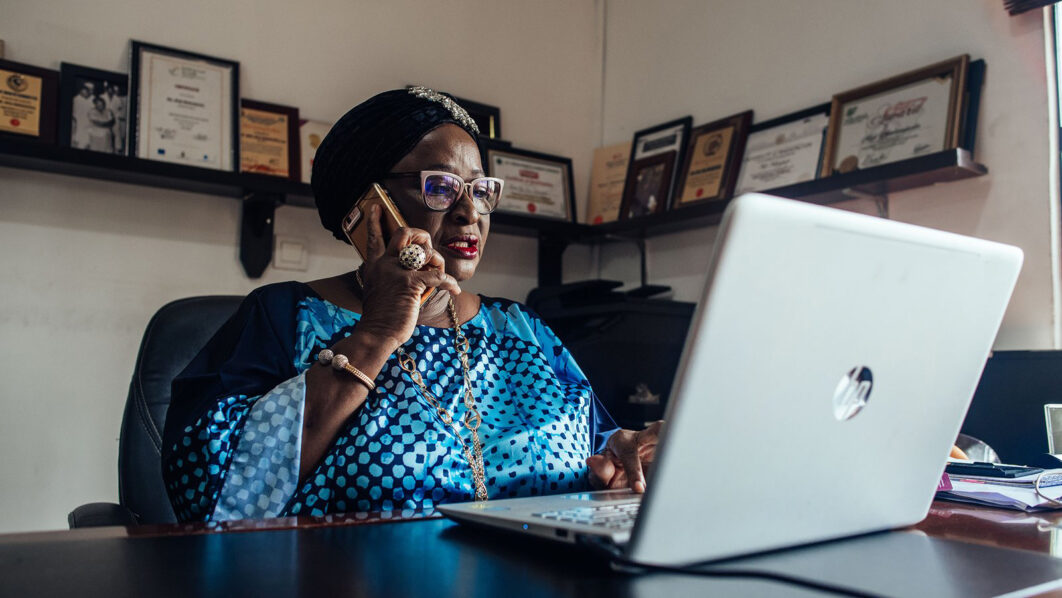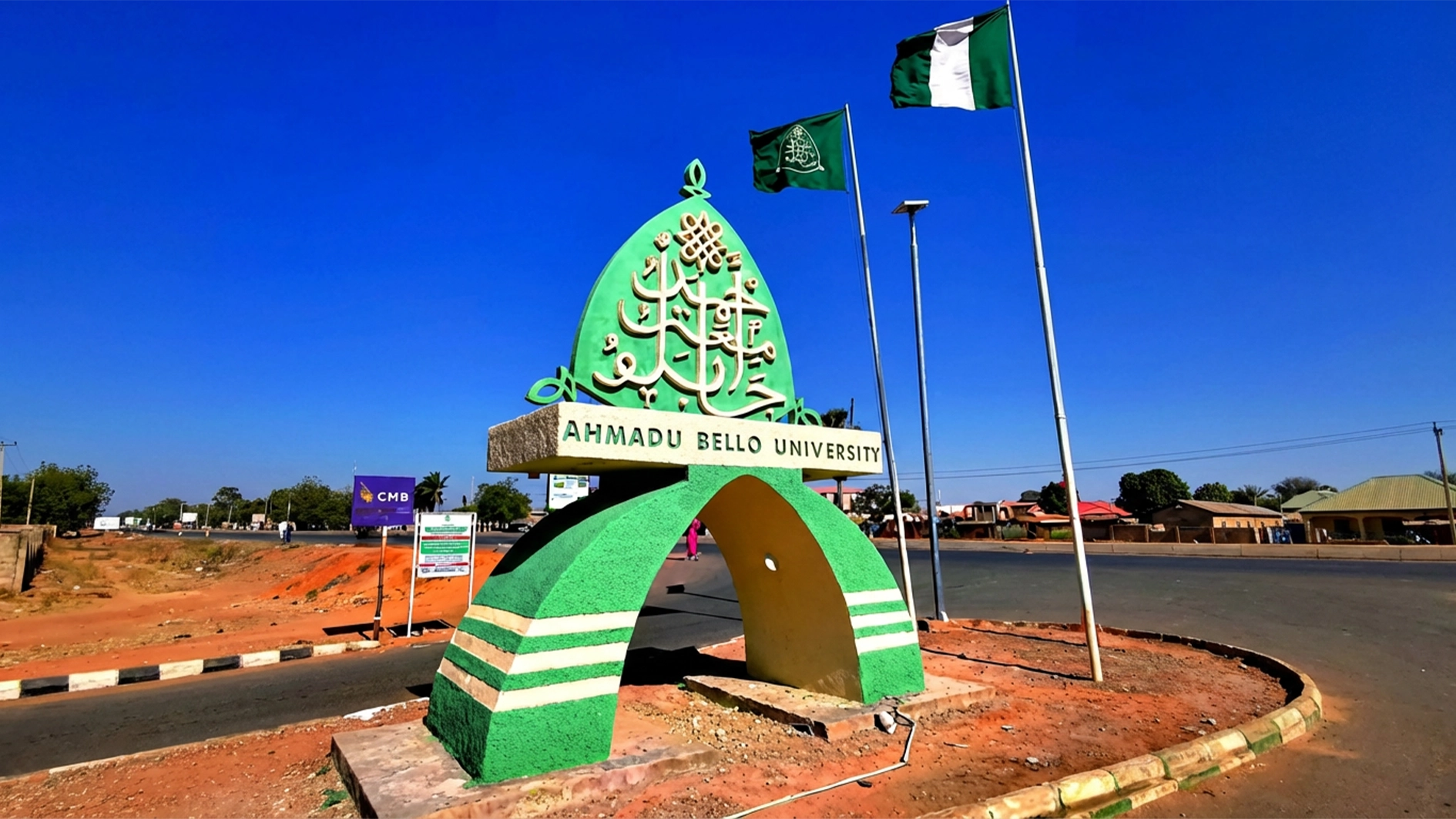
Stakeholders in the health sector have emphasised the need for the government to step up efforts to enable the country to achieve Universal Health Coverage (UHC) by 2030.
Chairperson of the Nigeria UHC Forum, Mrs Moji Makanjuola, who spoke at a roundtable event, themed, “Health: It’s on the Government,” lamented that out-of-pocket expenses have impoverished many Nigerians, stressing the need to eliminate health poverty and address gaps. She also highlighted the need for equitable and accessible healthcare without financial hardship to Nigerians.
Makanjuola said that the health budgets need to be tracked to close infrastructure gaps and emphasised the need to work with the private sector to achieve sustainability in healthcare delivery.
Makanjuola explained that many health facilities in Nigeria lack essential resources like electricity, water, and pharmaceuticals. She also noted that tests for some diseases are still sent abroad for examination, which she described as unacceptable.
“We need a conducive environment for healthcare practitioners, better infrastructure, and incentives to attract talent back to Nigeria, and that’s what the Minister of Health wants to achieve with a Sector-wide Approach (SWAp),” she said.
The Director General of the National Health Insurance Authority (NHIA), Dr Kelechi Ohiri, highlighted the government’s commitment to expanding health insurance coverage. He stated that improving the quality of care and collaborating with other insurance providers are among the key priorities.
“At NHIA, we focus on bringing millions of Nigerians out of health poverty. Health insurance protects people from health poverty, which can plunge even the non-poor into poverty due to medical bills. It’s our collective responsibility to make healthcare accessible to all,” Ohiri said.
Also, the Special Adviser to the President on Health, Dr Salma Anas, represented by Dr Umar Tanko, noted that increased funding for the Basic Healthcare Provision Fund and NHIA has enabled more vulnerable groups, including women, children, and the elderly to access health insurance.
“President Tinubu’s manifesto identified UHC as a priority, and we are already seeing milestones achieved ahead of the 2030 targets,” Tanko added.Yobe State Commissioner for Health and Human Services, Dr Mohamed Gana, pointed out the importance of community participation, including traditional and religious institutions, in ensuring health services reach every corner of the country.
“Strengthening the health system requires the active involvement of communities and civil society organisations. UHC can only succeed when the people are aware and willing to access these services,” he said.






